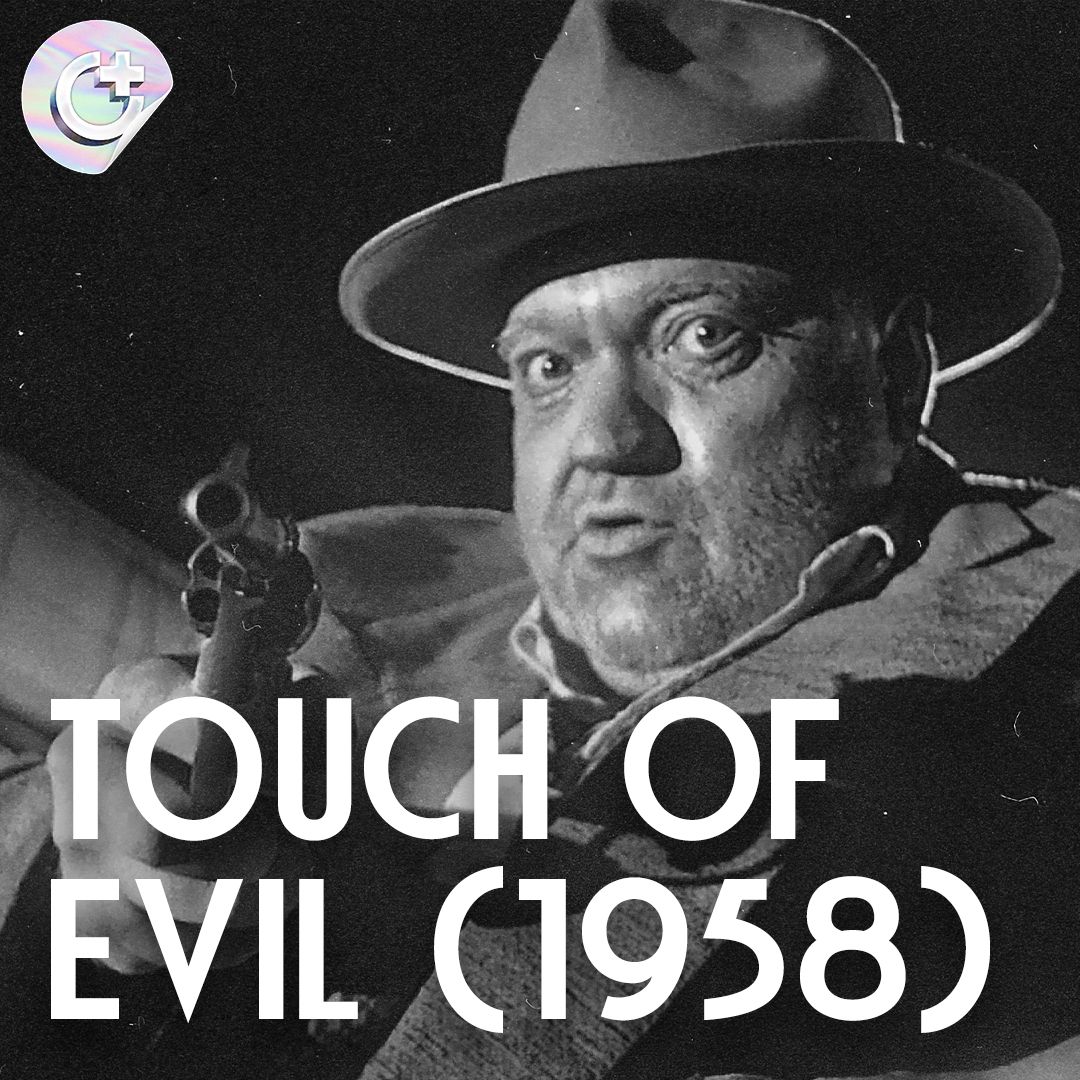#117 - The Film Critic - An In-Depth Look into the History of Film Critique and Speculation on Tarantino's Final Film
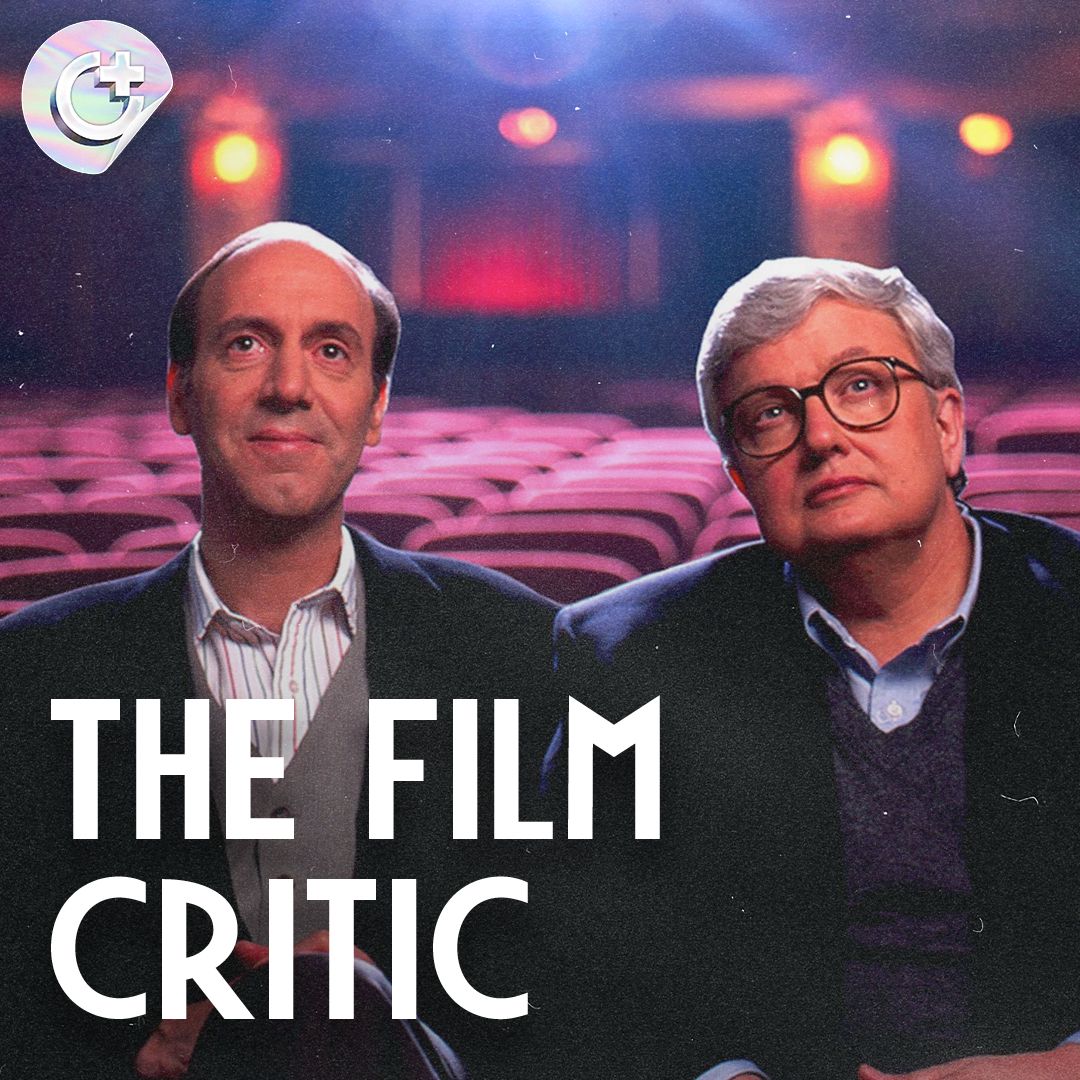
The Importance of Film Critique and its Impact on the Industry
The art of film critique goes beyond mere reviews on Rotten Tomatoes or IMDb. It involves the analysis and evaluation of films as an art form, taking into account every aspect of filmmaking. Film critics play a crucial role in the industry, providing a voice and guiding viewers towards quality cinema. In this blog post, we'll take a closer look at some influential film critics and their impact on the industry, including Pauline Kael, Roger Ebert, and Gene Siskel. We'll also discuss the importance of film critique and its influence on filmmaking. Finally, we'll take a peek at Quentin Tarantino's upcoming film, which explores the life of a film critic and promises to be a well-informed outlook on the subject.
Understanding the Art of Film Critique
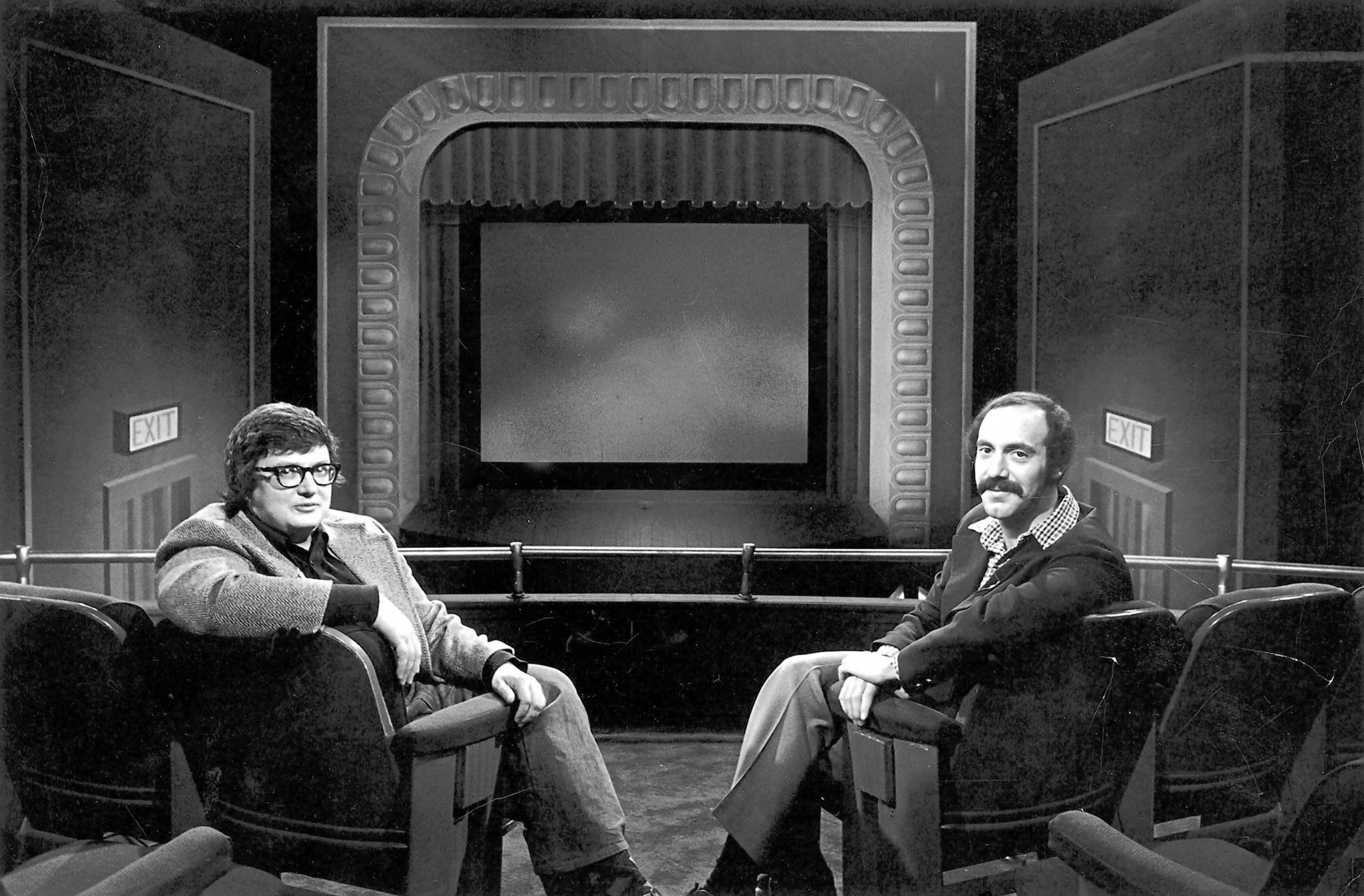
When we talk about film critique, we're not just talking about reviews on Rotten Tomatoes or IMDb. It's much more than that. Film critique is the analysis and evaluation of films as an art form, taking into account everything from the direction, cinematography, writing, and performance.
As Kyle and Brad mentioned, film criticism is still a developing art form, but it's come a long way since the early days of silent film when it was seen as nothing more than entertainment. Today, film criticism has its own language and theories, and it's an essential aspect of film as an art form. Critics like Gene Siskel and Leonard Maltin helped elevate the importance of film critique by introducing films as a legacy event that goes beyond just a movie. Their short intro interviews before the film made viewers see movies in a different light, and it left a lasting impression on the audience.
Throughout history, film critique has provided a platform for filmmakers to grow, hone their craft, and reach new heights. With the power of the internet, film critique has become more accessible than ever before. Anyone can share their thoughts on a movie, but true film critique requires a deeper knowledge of the art form and the ability to provide insightful analysis. As creatives, regardless of whether we have a design background like Brad or not, we can all appreciate the importance of critique in any art form. It's through critique that artists can grow and evolve, and film is no exception., Pauline Kael and the Birth of a New American Cinema

Pauline Kael was an influential film critic who had a significant impact on American cinema in the 60s and 70s. She was a rising star in the world of film critique at the same time that American cinema was expanding and becoming more artistic. Her reviews were often controversial and polarizing, and she had a reputation for being unafraid to write from her heart and her gut.
Kael's review of Bonnie and Clyde played a crucial role in the film's success and in the rise of a new generation of American filmmakers. Her championing of the film as a masterpiece helped to change the way that people thought about violence in cinema, paving the way for the rise of Peter Bogdanovich, George Lucas, Martin Scorsese, and other young directors who were pushing the boundaries of what was possible in American filmmaking. Despite the controversy that her reviews often sparked, Kael's influence on American cinema during this time cannot be overstated.
Why Film Critics Are Important

The Convenience for Consumers
People want to know what they're getting into before watching a movie, whether it's at home or in the theater. Having a pipeline that says, "this is going to be good, and you're going to like it" is very convenient for consumers. That's why critics are essential. They provide an expert opinion to help distinguish between what's good and bad taste. In turn, consumers can watch the film with less hesitation, knowing that they are going to enjoy it.
Critics Provide a Voice
The film industry depends on critics for recognition and appreciation. Their opinions create a starting point of discussion for moviegoers. It helps people decide whether or not to watch a film. Sometimes reviews can persuade someone to see a movie that they would have otherwise passed on. Or perhaps a review can lead someone to avoid a movie that they would have regretted seeing. Ultimately, criticism ignites conversations and opinions that prompt people to keep talking about movies. The Oscars, Criterion Collection, and all other awards originated from critics. They are the reason why we continue to appreciate and recognize films as an art form in the first place.
Quentin Tarantino's upcoming film has been a hot topic of discussion among film enthusiasts.
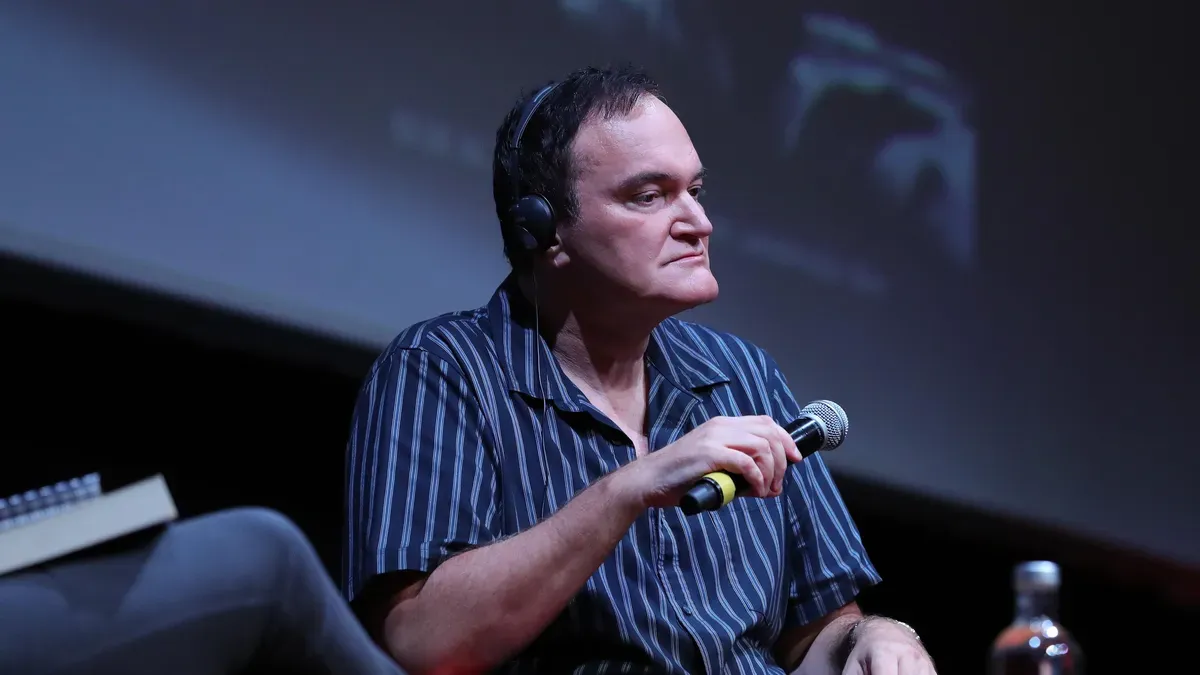
The film is speculated to be a love letter to the film industry and an homage to a particular time period. Many are wondering if it will be a fitting end to Tarantino's career as a filmmaker.
Tarantino has always been a meticulous filmmaker with a lot of knowledge about the industry. His final film will be about a film critic, and it is expected to be a well-informed outlook on the subject. Whether or not it will be based on Pauline Kael is still unknown, but one thing's for sure, people are excited to see it. With his background and expertise, Tarantino will undoubtedly create a compelling character and creatively express his views on the film industry. The film is expected to be a love letter to that particular era of filmmaking, but there might be some aspects of holding a mirror up to the industry. Regardless, it is sure to be a fascinating watch.
The Legacy of Roger Ebert and Gene Siskel
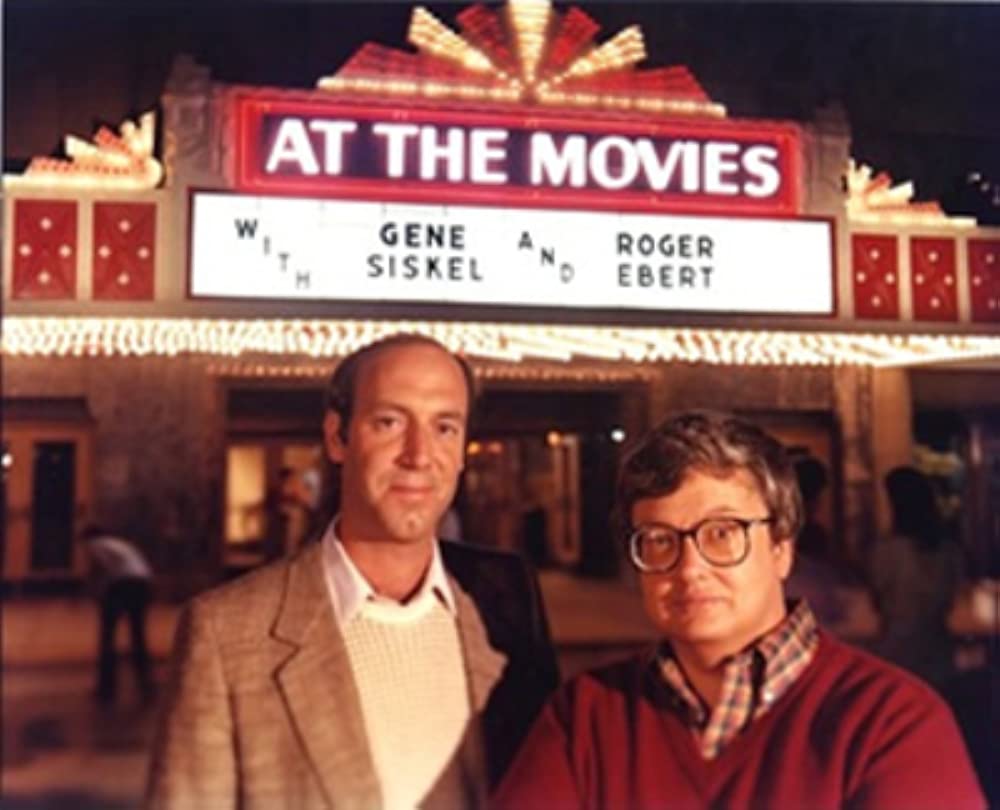
A significant influence on millennial moviegoers' habits was undoubtedly the dynamic duo of film critics, Roger Ebert and Gene Siskel. For many, reading their reviews was a must before deciding what film to see. They provided an exciting and easy-to-digest review of the latest movies.
Their voices were different from traditional film critics, and their expertise was impressive. They were like everyday guys but had an authoritative voice that we trusted. It's no surprise that they were so popular and that their reviews and ratings influenced the movies that we went to see.
Their legacy in Chicago is still present today. The Gene Siskel Film Center and the Roger Ebert Museum of Culture celebrate and promote their works. Their influence continued even after Siskel's passing, with Ebert continuing to review films and promote quality cinema. They were the authority on cinema for our generation, and many may have missed out on great movies if they did not have their approval.



